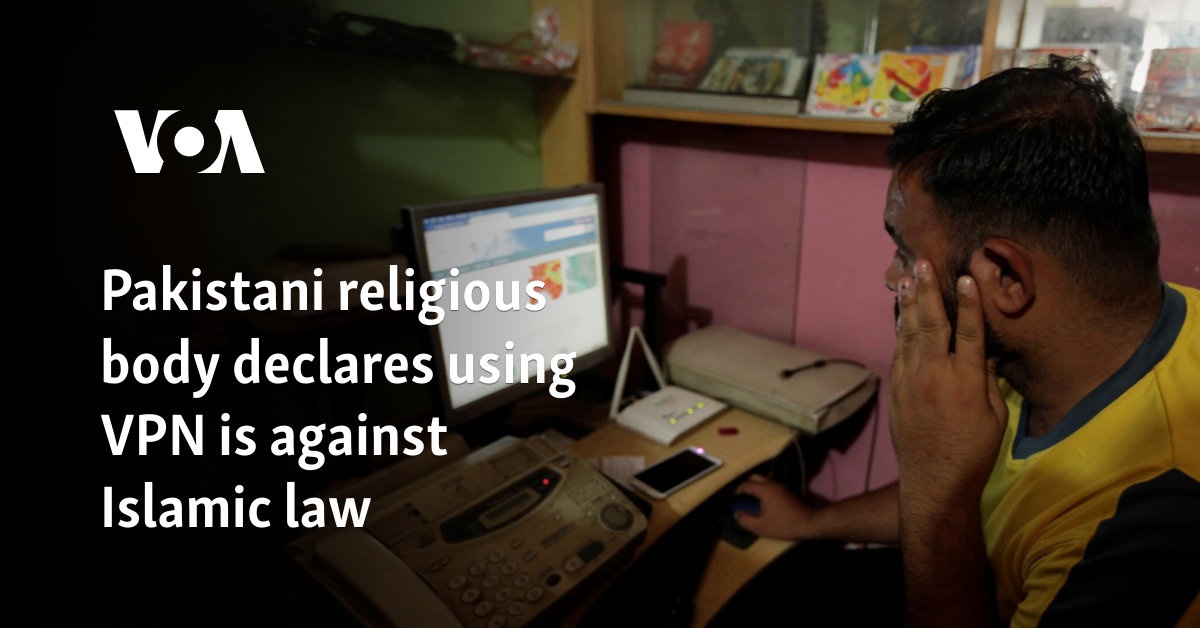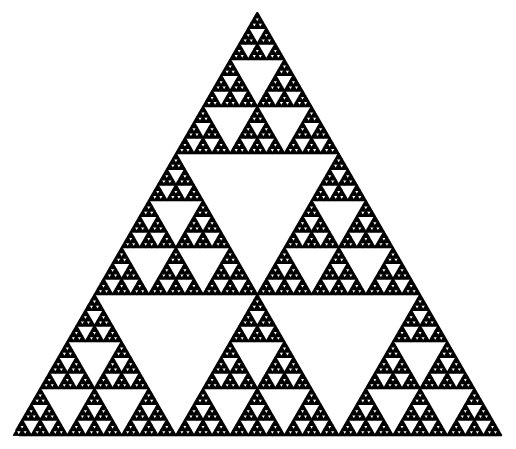- cross-posted to:
- privacy@lemmy.ml
- technology@lemmy.world
- cross-posted to:
- privacy@lemmy.ml
- technology@lemmy.world
You know I am starting to think maybe this modern Islamic law is just not very good.
Baqarah Ayat 18: No one shall use VPNs
Pretty sure Mohammad didn’t have strong opinions regarding internet privacy.
That’s the beauty of religion - if our gods and prophets did not materialize to contradict what we are saying in their name, that means they approve.
I’m pretty sure Mohammad, Jesus, Buddha, and all the other gods would be concerned if they saw my porn history.
As it should be. You haven’t lived till you’ve seen a dude stuff live black soldier fly larvae into his pp hole!
Thank you for teaching me that I’m actually very judgemental. That’s important to know.
Let he who is without larvae-based pornography in his search history cast the first stone.
Something something sneaking into other people’s houses is haram therefore VPN is haram?
someone should point out to them that a vpn is the technological equivalent of the burqa.
either ban both, or allow both.
Not like that
Anything is against religious law if you try hard enough.
Actually, you don’t have to try that hard 🤷♂️
You challenged religious law. That’s against the law.
No it isn’t. The right to privacy is protected in Shariah law. Either something nefarious is at play here, or the religious body was misled on what VPN is.
Sources for those not familiar with Shariah law, I actually studied it and was tested on it:
https://www.al-islam.org/islam-and-rights-privacy-territory-abbass-khajeh-piri/realm-privacy-islam
and this is from a Pakistani university:
It’s the government’s pet religious authority. They will produce any opinion that the government wants. Is there a name for these kind of scholars in Islamic history?
Yes in Arabic they are derogatorily called وعاظ السلاطين the sultans’ preachers.
Took em this long?
God would never use VPN, he has nothing to hide.
Except his genitals, how do you know God isn’t a woman?
Read the book. Be it the bible, tora or koran. You dont have to read it very much, it’s in the beginning somewhere.
Is God not powerful enough to switch sexes?
The big religions have omnipotent or near omnipotent gods that can appear in any form or gender. One of their powers is usually shapeshifting. So they are whaterver sex they want, sometimes even none, like for example the christian god appeared as pillars of cloud or fire.
Those were just his jets. The pillars were fire in the night and clowd during the day.
In church I’ve been saying in the name of the father and the son, not mother and daughter, so that’s an easy assumption to make.
And how does the church know what to say…?
A patriarchal religion is going to put a male figure in charge of course.
I was thinking of changing the gender after the fact but was to lazy to edit it.
Yes. Source: this song https://open.spotify.com/track/244w7BpXC62Dc5dAtQryAv?si=d85b5cf7b92a4d72
Cause he fucks everyone
But he works in mysterious ways.
Aren’t prophets basically god using a VPN?
Nope
Muhammad on the other hand, doesn’t want you to know that he looks exactly like the letter “f”
Religious nuts want to creep on your internet usage too.
The craziest part is that this is only happening in Islamic countries and absolutely not happening in the West.
Dont we have political nuts that want to creep on our internet usage and even our DM’s?
I think they were being sarcastic
The Council of Islamic Ideology said the technology was being used in Pakistan to access content prohibited according to Islamic principles or forbidden by law, including “[…]websites that spread anarchy […].”
So they admit it’s not (only) about morals, but also (or mostly) about their position of power not being threatened.
BTW: By blocking access to the internet, they stop people from following the order in the Quoran which states that people should educate themselves.
It’s almost as if they would tailor their religious doctrine to suit their own needs. Who could have imagined such a thing could happen.
they stop people from following the order in the Quoran which states that people should educate themselves.
That’s the beauty of the major world religions. When you have power in your hands you can pick and choose what you want to honor and make it public policy, and there’s nothing the plebs can do about it.
Yeah, it fits perfectly with the other thing they don’t want their people to know about (anarchy).
Encryption is totally and completely haram
Decryption? Also Haram.
Which is super fucking ironic:
David Kahn notes in The Codebreakers that modern cryptology originated among the Arabs, the first people to systematically document cryptanalytic methods.[15] Al-Khalil (717–786) wrote the Book of Cryptographic Messages, which contains the first use of permutations and combinations to list all possible Arabic words with and without vowels.[16]
The invention of the frequency analysis technique for breaking monoalphabetic substitution ciphers, by Al-Kindi, an Arab mathematician,[17][18] sometime around AD 800, proved to be the single most significant cryptanalytic advance until World War II. Al-Kindi wrote a book on cryptography entitled Risalah fi Istikhraj al-Mu’amma (Manuscript for the Deciphering Cryptographic Messages), in which he described the first cryptanalytic techniques, including some for polyalphabetic ciphers, cipher classification, Arabic phonetics and syntax, and most importantly, gave the first descriptions on frequency analysis.[19] He also covered methods of encipherments, cryptanalysis of certain encipherments, and statistical analysis of letters and letter combinations in Arabic.[20][21] An important contribution of Ibn Adlan (1187–1268) was on sample size for use of frequency analysis.[16]
Ahmad al-Qalqashandi (AD 1355–1418) wrote the Subh al-a 'sha, a 14-volume encyclopedia which included a section on cryptology. This information was attributed to Ibn al-Durayhim who lived from AD 1312 to 1361, but whose writings on cryptography have been lost. The list of ciphers in this work included both substitution and transposition, and for the first time, a polyalphabetic cipher[23] with multiple substitutions for each plaintext letter (later called homophonic substitution). Also traced to Ibn al-Durayhim is an exposition on and a worked example of cryptanalysis, including the use of tables of letter frequencies and sets of letters which cannot occur together in one word.
https://en.wikipedia.org/wiki/History_of_cryptography#Medieval_cryptography
But then Pakistanis aren’t Arabs…
I’m really interested in reading the part of the Quran that forbids VPNs.
“Thou shalt not taketh sponsorships from NordVPN”
NordVPN is a scam, they will prevent you from cancelling your plan
“In this religion, we use ExpressVPN!”
Quran, probably
For context: this “religious body” is governmental.
In pakistan, military has gotten so powerful that they literally kidnap and torture you for being critical of them. And if you live outside pakistan they kidnap and torture your family members, demanding you to remove your posts.
And recently pakistani people have started to become more and more anti-military. So they are using VPNs to hide their identity to protect themselves.
This “religious body” is making it seem like this is to stop porn but in reality its about stopping people from being critical of military rule.
I wonder if me, and American, looking at Pakistan is like how Europeans look at America… Government and police are crazy. But the food, culture, and people are probably nice.
“It is not enough that Allah knows everything you do. We must also know.”
“That sounds like blasphemy to me.”
“Uh…”














